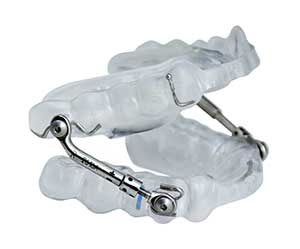Sleep disorders encompass a range of conditions that disrupt normal sleep patterns, affecting overall health and well-being. These disorders can result from various factors, including stress, lifestyle, medical conditions, and psychological issues. Addressing sleep disorders typically involves a multidisciplinary approach that combines medical treatment, psychological support, and lifestyle modifications. Here’s an overview of the services available for individuals struggling with sleep disorders


The first step in treating sleep disorders is accurate diagnosis. Sleep specialists often use comprehensive assessments to determine the underlying causes of sleep disturbances. These assessments may include:
Once diagnosed, a variety of medical treatments can be tailored to the specific sleep disorder:
For insomnia or other sleep disorders, doctors might prescribe medications such as sedative-hypnotics, melatonin receptor agonists, or antidepressants to promote sleep.
This common treatment for sleep apnea involves wearing a mask that delivers a continuous stream of air to keep airways open during sleep.

For certain types of sleep apnea, custom-made oral appliances can help keep the airway open by adjusting the position of the jaw and tongue.
Behavioral interventions play a crucial role in managing sleep disorders, particularly those with a psychological component like insomnia or circadian rhythm disorders:


Patients are taught good sleep practices, including maintaining a regular sleep schedule, creating a restful sleeping environment, and avoiding stimulants like caffeine before bedtime.
Methods such as meditation, deep breathing exercises, and progressive muscle relaxation can help prepare the body and mind for sleep.
Regular physical activity and a balanced diet can contribute to better sleep. Patients are advised to avoid heavy meals and vigorous exercise close to bedtime.
Copyright © 2024 K&P Healthcare, All rights reserved. Powered by DevOpsAlign